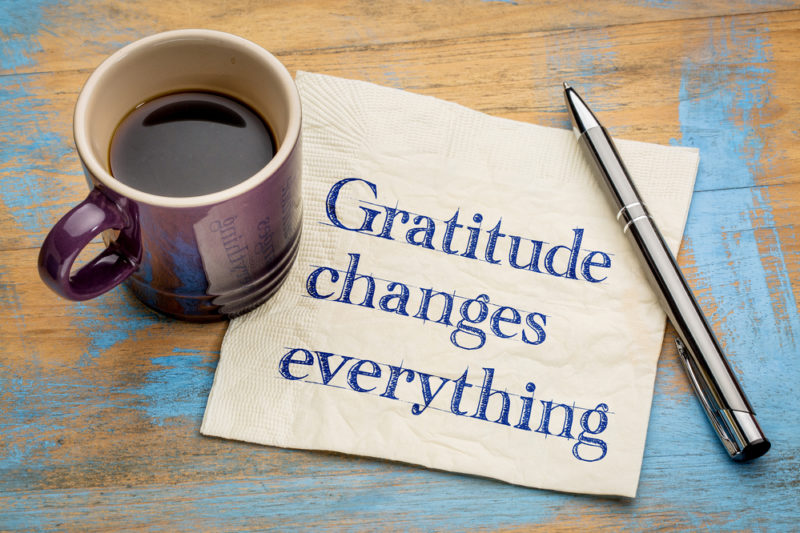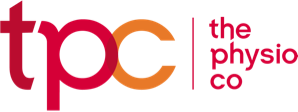What physiotherapy has to do with gratitude for seniors
Have you ever wondered how having a “grateful heart” affects your overall health, well-being and performance?
We hear a lot in social media and the workplace about the power of positive thinking and the “power of gratitude” on our body, brains and productivity.
What is gratitude?
Gratitude is an emotion expressing appreciation for what one has. It is a tool we all have and its power is greatly underestimated. Gratitude is an attitude; it’s a choice and a positive habit. Positive habits, if not already in practice, take time to develop and become automatic. Latest neuroscience research suggests it takes on average 66 days for a new behaviour to form.
So, why is this new behaviour encouraged?
The positive effects of gratitude
In a nutshell, research has shown that people who regularly practise gratitude by taking the time to notice and reflect on things they are thankful for, experience:
- more positive emotions
- feelings of being ‘alive’
- improved self-esteem
- a better night’s sleep
- fewer aches and pains
- improved physical and mental ability to exercise
- stronger immunity
- find solutions to problems and challenges quicker
- reduced mental stress
- reduced anxiety and depression
- have a more happier and improved quality of life
Gratitude and the brain
The practice of giving thanks for what you have, the circumstances you are in and the results you have achieved, rather than comparing yourself with what you have ‘missed out on’ or ‘lost’, moves your brain’s centre of focus.
Gratitude has been found to affect two important regions of the brain: the hypothalamus and the ventral tegmental area.
The hypothalamus regulates stress and the ventral tegmental area plays a significant role in the brain’s ‘reward’ system that produces feelings of pleasure.
Our brain releases serotonin and dopamine, the ‘feel-good’ hormone, when we express and receive gratitude. These hormones also play a role in regulating our mood, initiating action and muscle movement.
Over time, once you start seeing things to be grateful for, your brain starts looking for more things to be grateful for, thus creating a virtuous cycle.
How use the power of gratitude to work for you
If you are anything like me and are open to new ideas, love to explore new theories and are up for a challenge; practise this powerful way of being by starting off small.
Every morning this week when you wake up, start by writing down three things you are grateful for and why. It could be for something as simple as having a great night’s sleep. Why? It will allow you to be alert and have energy for driving to the supermarket or work or for playing with your grandchildren … or for your next physio session!
No time to write? Do the exercise mentally then. Think of someone or something you are grateful for today, and articulate why?
The benefits of improved ability to initiate action and engage in physical and mental activity, coupled with fewer aches and pains, are great tools to have for a successful physiotherapy session. Try the challenge and see for yourself!
The Physio Co’s team of physiotherapists are available to visit you wherever you call home, and available for online consultations. We are here to help, so get in touch today for more information – please call on 1300 797 793 or email [email protected]
Article written by Esther Ram (TPC Physiotherapist)



 1300 797 793
1300 797 793